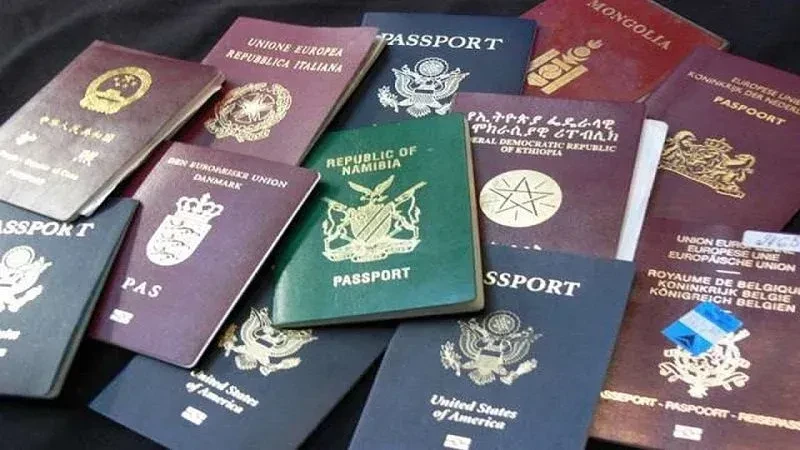Kenya’s regulatory advances seeking to inspire Tanzania’s crypto oversight

Kenya’s recent advancements in cryptocurrency regulation are set to influence Tanzania’s approach to digital asset oversight, as both East African nations seek to harmonize their frameworks amid growing interest in virtual currencies.
In 2023, Kenya introduced a 3 percent digital asset tax, a pioneering move in the region aimed at formalizing the crypto sector and encouraging transparency.
Tanzania followed with a similar tax regime, making the two countries unique globally in adopting such measures.
“This legislation is not Kenyan alone. It is a pan African legislation to guide a lot of standards of what crypto dealings will look like across a lot of African countries,” Allan Kakai, Legal Chief at Steakhouse Financial and Director at the Kenya Virtual Assets Chamber of Commerce, told reporters in Nairobi.
Kakai noted that Kenya and Tanzania are currently the only countries worldwide with this specific tax regime.
“It’s just about getting it fine-tuned so that it makes sense and enables innovation and growth within Kenya and abroad,” he added, highlighting the evolving nature of the legislation.
Kenya has tabled the Virtual Assets Providers Bill in parliament and expects to enact it into law in the coming months.
The alignment between Kenya and Tanzania reflects a broader regional effort to create consistent crypto regulations that facilitate cross-border transactions and investor protection.
This is particularly important for East Africa’s interconnected economies and the potential for digital assets to drive financial inclusion.
Larry Cooke, Legal Counsel at Binance Africa, said Kenya is on the verge of establishing a legislative framework that could serve as a model for the entire eastern region. “Kenya now sits on the brink of it, of having that opportunity to create that concept in legislation so that the rest of the eastern region can say, let’s move with this,” Cooke said.
He emphasized the importance of regulatory compliance and collaboration in Tanzania, noting, “You need a good standing with the regulator in East Africa. If there are additional tests that we need to do from a local perspective, we’ll do them to be compliant. You have to find a solution that works in this jurisdiction.”
Kenya’s regulatory framework is being closely watched as a potential pan-African standard that could unify crypto market oversight across the continent. Kakai said the legislation could serve as an example “not just in Kenya, East Africa, but across all of Africa and even the globe.”
In 2021, Chainalysis ranked Kenya the top country in the world in peer-to-peer transactions, with Tanzania emerging fourth, a strong indication of the continued growth of the Web3 market in both countries.
In the 2024 Crypto Index by Chainalysis, Tanzania leads Kenya in terms of stablecoin adoption, with about 53 percent annual growth compared to Kenya’s 30 percent.
However, Kenya recorded higher crypto transaction value in the past year than Tanzania - approximately $8 billion versus $2 billion. There are more crypto users in Kenya, around 4 million, compared to Tanzania, around 1.5 million, according to Chainalysis.
Despite progress, challenges remain in refining the legislation to balance innovation with consumer protection and risk management. Tanzania faces the task of adapting Kenya’s model to its local context while building regulatory capacity.
In a commercial court case between Yellow Card Tanzania Limited and Nyamwero Michael Nyamwero in Dar es Salaam, the court noted that the lack of a legal framework on cryptocurrencies does not render them illegal in the country.
It pointed out that the regulatory framework on cryptocurrencies is still evolving in Tanzania and that the government and the Bank of Tanzania have issued guidance on the matter. The court pronounced that engaging in electronic transactions using cryptocurrencies is not illegal in Tanzania.
In a May digital currency study report, the Bank of Tanzania has urged EAC member states to evaluate crypto platforms, analyse market activity, and adopt clear regulations to curb fraud, tax evasion, and disruption to formal financial systems
Both Kenya and Tanzania face the broader challenge of educating the public and businesses about digital assets to build trust and encourage responsible adoption. Regulatory clarity can help reduce skepticism and misinformation that often surrounds cryptocurrencies.
However, the coordinated efforts by Kenya and Tanzania signal East Africa’s growing ambition to become a hub for digital asset innovation, attracting investment and supporting fintech development.
As Kakai noted, the key lies in continuous adjustment to “enable innovation and growth within Kenya and abroad,” while Cooke stressed the need for ongoing dialogue between regulators and industry players to ensure sustainable growth.
Top Headlines
© 2025 IPPMEDIA.COM. ALL RIGHTS RESERVED

























